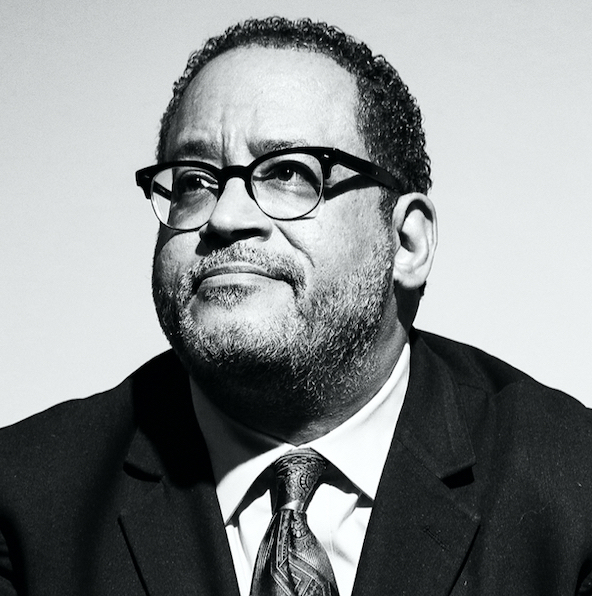Over the last several years in Philadelphia, we have witnessed the erection of the first monument to a Black man in our city, abolitionist Octavius Catto; the first mural to a legal and civic giant, A. Leon Higginbotham, Jr.; a community effort to rename a street from Taney — named for the Supreme Court justice who wrote the Dred Scott decision — for Caroline LeCount, Philly’s own Rosa Parks; and a school renamed from racist president Andrew Jackson to former slave-turned-educator Fanny Coppin Jackson.
Like these people, to me, the All Stars are the everyday folks who are doing the heavy lifting for their race and culture: Teachers, sanitation workers, people who work the traffic lights and run nurseries — both for kids and for your grass — the people who are clerks in local stores. They are the preachers who reach masses of people on a daily basis; the writers whose praises don’t get as well-sung as they should; the social activists who are out there trying to make a better life for us even when we don’t understand what’s at stake.
These are the people Dr. Martin Luther King, Jr., referred to as the “ground crew without whose labor and sacrifices the jet flights to freedom could never have left the earth.”
19
Fanny Jackson Coppin
Educator
Fanny Jackson Coppin
Educator
1837-1913
Fanny Jackson Coppin was an educator, missionary, and advocate for women’s rights within higher education. She was born into slavery in Washington, D.C., but her aunt purchased her freedom, and by age 14, she was supporting herself while living in Newport, Rhode Island. She spent her free time studying while working as a servant for author George Henry Calvert. From a young age, she knew she wanted to go into education.
Jackson studied at Oberlin College, where she was the first Black student teacher. She insisted on enrolling in the “gentlemen’s course,” which was regarded as being too difficult for female students, and attended the lectures eagerly while grappling with being one of the only Black female students at the college.
After graduating in 1865, she was appointed to teach at the Institute for Colored Youth — later known as Cheyney University — in Philadelphia, where she soon would become head principal. Here, she made many reforms in light of social causes. She expanded the curriculum to include an Industrial Department, established a Women’s Industrial Exchange to allow young women to show their mechanical and artistic works, and founded a Home for Girls and Young Women to house visiting female workers.
At age 65, Jackson retired as a school administrator — but her work was far from complete. She and her husband traveled to Cape Town, South Africa, where she served as a missionary and counselor to African women.
Jackson returned to Philadelphia and spent the last few years of her life completing her autobiography, Reminiscences of School Life.
Accomplishments:
- First Black woman principal in the United States
- One of the first vice presidents of the National Association of Colored Women
- School in East Passyunk was renamed in her honor in 2022, as well as what is now Baltimore’s Coppin State University
Final word: Jackson wrote, “It was in me to get an education and to teach my people. This idea was deep in my soul.”
Reporting by Aly Kerrigan and Ethan Young.



